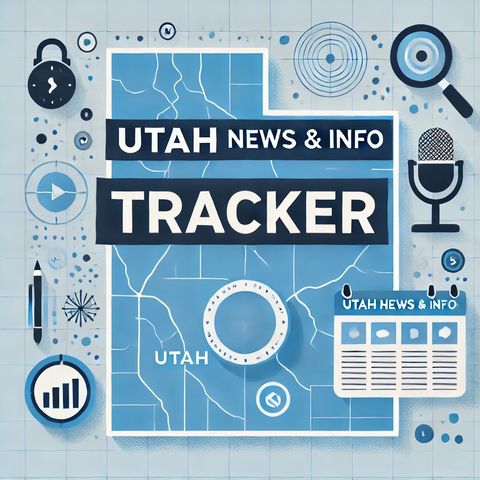Utah Moves to Regulate Digital Platforms, Challenging Federal Law

Sign up for free
Listen to this episode and many more. Enjoy the best podcasts on Spreaker!
Download and listen anywhere
Download your favorite episodes and enjoy them, wherever you are! Sign up or log in now to access offline listening.
Description
Utah has recently made headlines with a distinct legal stance related to digital communication and media regulation. The state has enacted a controversial ban on specific technical features embedded in...
show moreThis legal move by Utah marks a significant shift in how states might attempt to regulate digital platforms and content within their jurisdictions. Typically, the internet has been governed by a relatively laissez-faire approach at the federal level to encourage innovation and growth within the tech industry. However, Utah’s approach suggests a growing desire at the state level to assert more control over digital content and the technical methods platforms use to manage this content. This could set a precedent for other states with similar concerns about the effects of digital media on public health and safety.
Utah's aggressive regulation stance extends beyond digital media. The state has been a battleground for various policy experiments, reflecting its unique socio-political climate. This includes innovative approaches in sectors such as environmental policy, education, and public health. For instance, Utah has been commended for its efficient handling of urban spread and public transportation in its rapidly growing cities like Salt Lake City, which has seen a significant influx of tech companies and startups dubbed the "Silicon Slopes."
Moreover, Utah's recent legal stance might influence its economic landscape, particularly affecting the tech sector, which has been burgeoning due to favorable business climates and a young, tech-savvy workforce. Companies may have to navigate new legal frameworks that could affect operations, user engagement, and content moderation practices.
Furthermore, Utah's judicial decisions often reflect broader cultural and political sentiments that are deeply rooted in state values and priorities, making it a fascinating state to watch for evolving legal and social norms. Whether this leads to a patchwork of state laws governing the internet or prompts a reevaluation of federal policies remains to be seen. However, what is clear is that Utah is not shying away from using its legislative power to influence national discussions about the intersection of technology, law, and society. This kind of initiative could potentially ripple outwards, affecting national policies and the operations of global tech giants.
Information
| Author | QP-4 |
| Organization | William Corbin |
| Website | - |
| Tags |
Copyright 2024 - Spreaker Inc. an iHeartMedia Company
